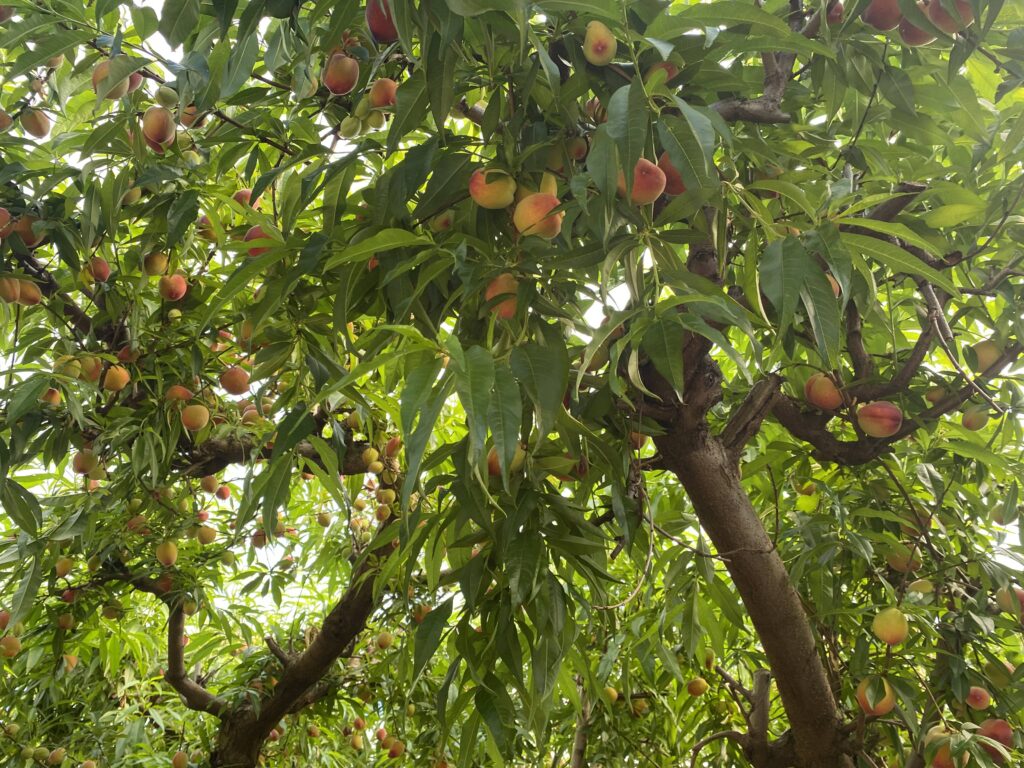The daily growth of the fruit is important because it allows us to evaluate and control its proper development. Regular monitoring provides valuable information about the growth rate and helps determine the optimal harvest time. Moreover, daily growth is also related to fruit quality, as uniform and balanced growth contributes to obtaining larger fruits with better flavor, texture, and market value.
Adequate nutrition is essential to ensure optimal fruit growth and development. Essential nutrients such as nitrogen, phosphorus, potassium, and trace elements play a crucial role in metabolism and the synthesis of compounds necessary for fruit growth. A balanced and sufficient supply of nutrients is essential for obtaining high-quality fruit with the right size.
To achieve the proper fruit size, several management strategies can be applied. Some possibilities include:
- Adequate fertilization: Implement a balanced fertilization program based on the specific nutritional requirements of each crop, paying special attention to the key nutrients for fruit growth.
- Controlled irrigation: Maintain an adequate and uniform water supply to avoid water stress, which can negatively affect the size and quality of the fruit.
- Pruning and load management: Carry out selective pruning to balance the fruit load on the tree. This involves removing excess fruits to allow the remaining ones to develop properly in terms of size and quality.
- Competition management: Control excessive growth of weeds and nearby competitors to avoid competition for nutrients and resources.
- Use of growth regulators: Apply growth regulators properly and precisely to influence fruit development and size.

It is worth noting that management strategies may vary depending on the crop type and the specific conditions of each crop and region. It is important to consult with agricultural experts and follow good agricultural practices to achieve optimal fruit size and quality.


